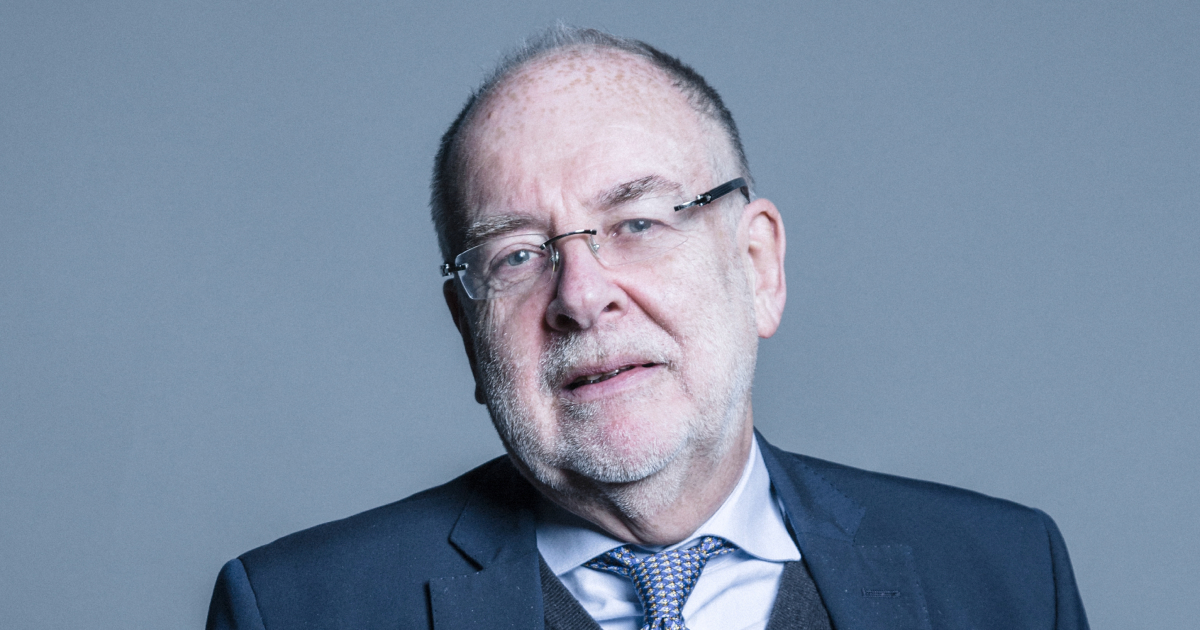Efforts to legalise assisted suicide in England and Wales have faltered in the House of Lords after peers subjected a controversial Bill to hours of criticism in what has been described as one of the largest debates in the chamber’s history. The Second Reading of the Terminally Ill Adults (End of Life) Bill on 12 September drew unusually high levels of participation, with a clear majority of peers voicing opposition.
According to figures compiled by Right To Life UK, 69 per cent of those who spoke took a stand against the Bill, compared with just 31 per cent in favour. The debate stretched well into the evening and left many observers predicting that the legislation will not progress much further.
The Bill, co-sponsored by Lord Falconer in the House of Lords, seeks to permit terminally ill adults judged to have six months or less to live to obtain lethal medication to end their lives. Falconer argued that the measure contained safeguards robust enough to protect the vulnerable, while insisting that the Lords should respect the will of the Commons, where MPs passed the Bill earlier this summer by a narrow margin.
Yet the Lords took a very different view. Many peers questioned its safeguards and warned of the consequences of introducing assisted dying into British law. Peers branded the legislation “not fit for purpose”, with many others pointing to the risks of abuse and the pressures it could impose upon the elderly, the disabled, and those facing mental or physical decline.
Lord Jackson of Peterborough said the scale of resistance was unprecedented for such a measure and a clear sign that the Bill is heading for defeat at later stages. “Momentum is clearly against it,” he noted after the debate.
Campaigners also judged the proceedings as decisive, with Catherine Robinson, spokesperson for Right To Life UK, declaring in a press statement that the Lords were now “significantly more opposed than supportive of the Bill” and suggesting that its prospects of becoming law had virtually evaporated.
Peers opposed to the Bill have several procedural means at their disposal. They can reject it outright at Second or Third Reading, introduce delaying tactics through extensive amendments, or table what are known as “wrecking amendments” that would render the legislation unworkable. If disagreements between the two Houses continue, the Bill could also collapse during the “ping-pong” stage, when amendments are exchanged back and forth.
The Lords have previously rejected similar measures. A Private Member’s Bill on assisted dying introduced in 2006 was defeated at Second Reading, and more recently, Lord Falconer’s Assisted Dying Bill of 2014 collapsed amid a flood of amendments that prevented further progress.
Debates on assisted suicide have recurred for decades in Parliament, but none has yet succeeded in changing the law. Opponents repeatedly cite the potential for incremental expansion, pointing to overseas jurisdictions such as Canada, where eligibility criteria have been widened beyond the terminally ill to include people suffering from mental health conditions.
The weight of opposition in the Lords suggests the latest attempt will go the way of its predecessors, with the prospects of assisted suicide being legalised in England and Wales looking increasingly remote.
(Photo by HENRY NICHOLLS/POOL/AFP via Getty Images)





.png)











